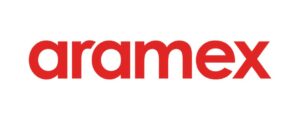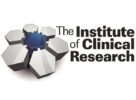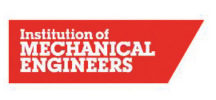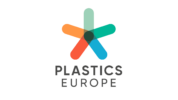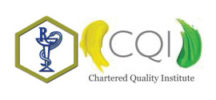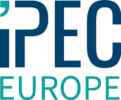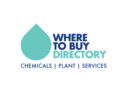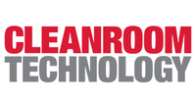Shortlisted:
Sustainability in Distribution
Our commitment to Sustainability
In 2021, we committed to science based target initiatives (SBTI). 42% reduction based on scope 1 & 2 and 25% reduction on scope 3, dependent on supplier commitment.
Aramex has been reporting on sustainability since 2006 and produced the first Integrated report and carbon footprint report in 2010 and has been publishing Integrated reports since.
Our environmental and climate change mitigation strategy and management involves comprehensively monitoring our material inputs and outputs, evaluating operational and process efficiencies and addressing any gaps, identifying potential for improvements, managing and accessing climate risks, and screening our supply chain for environmental impacts. Part of this strategy is to drive collaboration and partnerships, raise awareness, provide capacity building opportunities, and leverage our expertise and resources for environmentally conscious innovations. We actively engage with our employees and stakeholders as part of our environmental strategy and activities.
Our customized climate risk framework is founded on the four core principles of TCFD. Our climate risk framework provides a structured approach for identifying climate risks, evaluating various climate scenarios, assessing the impact of risks on the business, progressing action plans, and developing monitoring instruments.
Aramex’s Environmental Stewardship and Climate Risk Mitigation Efforts
1. Reduction of Direct Emissions
We aim to substantially increase the usage of electric and low-emission vehicles in our fleet. Converting our fleet is a great opportunity to reduce our negative impact on the environment. We continually and proactively seek suitable solutions and test vehicles to help the transition toward a more sustainable fleet. Our goal is to convert our fleet into Low Emission and electrify our fleet based on the availability of electric vehicles that meet our operations’ needs in our markets. Aramex adopted electric vehicles in Jordan since 2017. We have also entered into a leasing agreement in UAE to lease electric vehicles, if unavailable, then only LEVs. We have also begun piloting the use of biofuels and biodiesel mixes in the UAE during 2023 to test the feasibility of using biofuels to reduce our scope 1 emissions.
Our fleet optimization initiatives in the UAE saw two major milestones in 2023:
. By streamlining our routes and verticals, we reduced the driving distance of 100-120 km per truck per day (1,123,200 KMs total in 5 months), estimating a reduction of 1,238,000 KgCO2e in emissions in 2023.
. We upgraded 73 trucks to Euro V emission standard 2023, which on average is estimated to cut emissions down by 13% compared to previous models.
In 2023, we also successfully converted and onboarded sixty-five 15m trailers, covering both dry and reefer types. This resulted in a total of 857 trips, transporting around 11 million kilograms over approximately 1,584,400.00 kilometers, which resulted in cutting down the emissions from these trips by 9%.
2 Route and Process Optimization
We have several initiatives to improve route optimization, while also utilizing micro hubs/ distribution centers, stemming from an understanding that we need to reduce emissions while also keeping up with the rising demand of last-mile operations.
Crosscutting Sustainability: Micro Hubs/ Distribution Centers / Routing Optimization launched in 2022
With the rising demand of last-mile operations and in efforts to reduce our impact on the natural capital, we have piloted the Micro Distribution Centers project. This project will help reduce the total distance moved by our couriers on the ground by consolidating business to Micro Distribution Centers and thus reduce our GHG emissions as well as cost.
This project is expected to have several impacts beyond the reduction of emissions and enhanced resource use. We expect to see improved productivity and efficiency by eliminating wasted time for couriers throughout their journey. We are also responding to customer behavior and demands for cheaper and faster services including same-day delivery, while also ensuring that we balance these demands while managing our emissions. As a result, we expect to see enhanced customer satisfaction and fulfillment, an increase in the available time for last-mile deliveries and collections and more digitized operations. This project highlights the intersection of our environmental and operational strategies and the embeddedness of sustainability in our business decisions.
The Initiative impact has seen 15% efficiency and 15% reduction in the CO2 emissions. As such, the Micro Distribution Centers project continued its expansion in 2023, adding 5 new dark stores/hubs and 1 new location. This project helps reduce the total distance moved by our couriers on the ground by consolidating business to Micro Distribution Centers, thus reducing our GHG emissions and operational costs.
Additionally, in 2023, we worked on tactical planning and territory optimization to enhance efficiency. This allowed us to use real-time traffic and stem time analysis to optimize our Delivery Champions’ working hours throughout the day. The optimization model can assign different targets for various areas based on factors such as distance from a starting point, traffic conditions, and area density, to optimize driving conditions, reducing unnecessary driving distance and idling time, which in turn enhances fuel efficiency and reduces emissions. Enhancing route optimization and delivery window scheduling ensures less fuel is wasted due to missed delivery attempts, and that delivery and timings are planned in the most resource efficient manner, furthering our carbon footprint reduction.
3 Enhancing Energy Efficiency
We are committed to enhancing our energy efficiency to optimize and reduce our natural resource use and inputs. We are also committed to certifying our facilities according to the ISO 14001 standards with more than 38 facilities certified, along with our LEED certification since 2009 on our owned facilities, where feasible and possible. Additionally, we conduct energy audits in different locations and facilities to understand our energy use and identify potential energy savings. Moreover, we have initiated an energy efficiency project in the UAE logistics warehouses to reduce energy usage by 10% by the coming year, noting that 60% of the energy supplied to these warehouses comes from renewable energy (solar).
4 Renewable Energy Investments
We made commitments to invest in renewable energy projects where possible. In 2023, we added two new solar energy systems in Egypt. We currently have 7 solar energy systems installed, covering a major part of our energy needs for our warehouse in Dubai, UAE, Amman, Jordan, and Egypt. We started our solar projects installations since 2016.
Our goal is to install around 5 solar installations per year until 2030, as per technology availability and where regulations permit. 12,349,599 Kwh generated from renewable energy.
Material and Waste Management
Throughout our operations, we encourage employees to limit the use of paper and to digitize where possible. In the UAE, Aramex has embarked on a project to digitalize all documents, as well as internal processes to become fully paperless, and currently the progress has reached 99%. We are aiming to expand this across our network. Our material use is mainly domestic and related to our operations in warehouses and shipments. Where possible, we include recycling bins in our facilities and reuse wooden pallets in our warehouses.
We have established waste reduction and recycling programs since foundation across our facilities, and we are aiming to minimize waste sent to landfills and promote a circular economy in the upcoming 5 years. Additionally, we currently employ eco-friendly packaging materials (degradable) and are exploring alternative options with various suppliers. This year, we have updated our Recycling project across all UAE branches to ensure 100 % segregation of the recyclable items from the general waste. The project started in February 2023 and we managed to recycle 520 tons of waste.
Black and Grey Water Treatment in Dubai
We recognize that water scarcity is a global concern that is exacerbated by the current climate crisis. While our water use is limited to municipal use in our offices, we still strive to conserve our domestic water consumption through different initiatives, awareness campaigns, and procedures. In line with these conservation efforts and as part of our interest in supporting circular economy efforts, we invested in black and grey water treatment in Dubai. We installed 3 Sewage Treatment Plants (STP) that enable us to treat both black and grey water from domestic use to be then reused for irrigation of our landscape which covers 11% of our total 240,000 Square Meter landscape plot.
3 Sewage Treatment Plants (STP) with total 666 Population Equivalent (PE):
•450 PE in 2010
•16 PE in 2010
•200 PE in 2016
Innovation
Future Vehicle Program: Through 2022 we have been focused on driving the adoption of autonomous vehicles which run on greener energy sources. Through this program we have spoken to regulators and have successfully piloted:
Drone deliveries: We successfully rolled out drone deliveries in Muscat on a tough route which made a case for drone delivery deployment. Given that regulations related to the use of drone deliveries are still nascent, and considering possible security concerns, we are very proud to have partnered with them and to offer this to our customers across our network. We plan to scale up drone deliveries in 2023 across the globe where there is a business case and regulations in place, creating a new urgent delivery product. This will help reduce our negative environmental impact and emissions.

